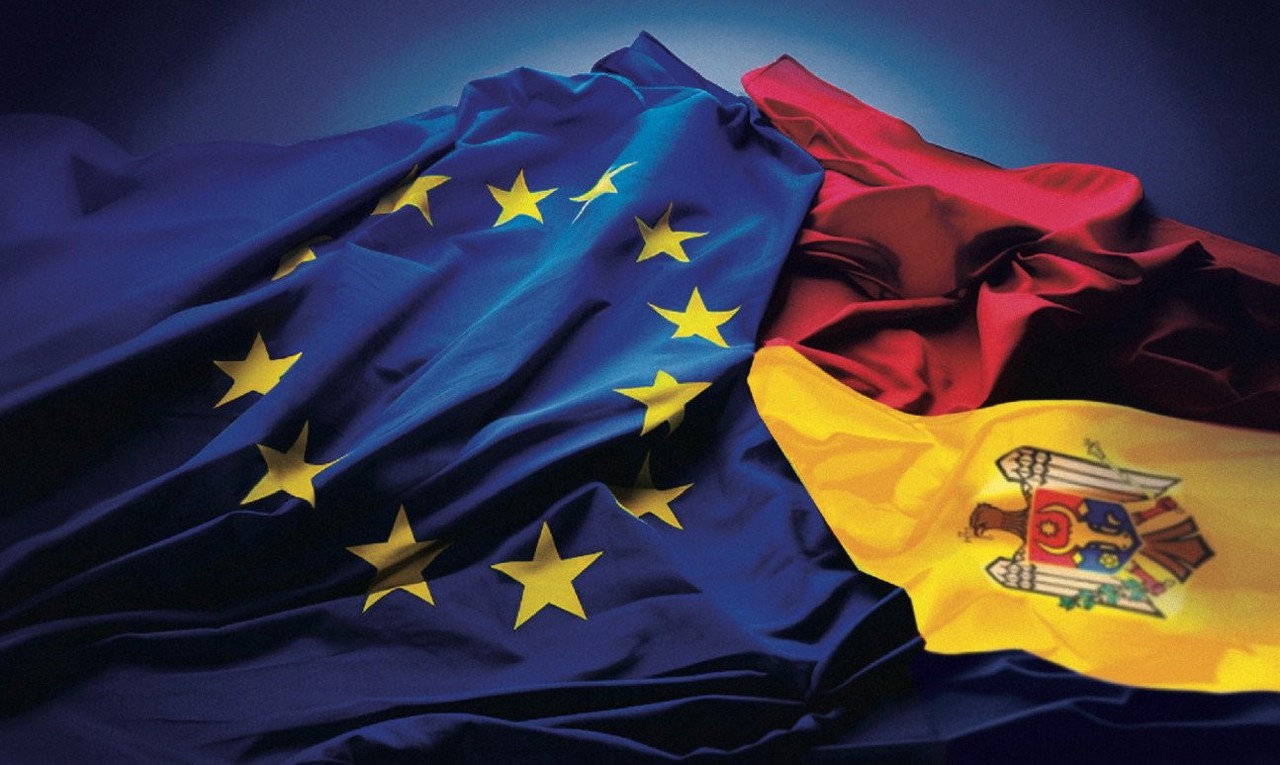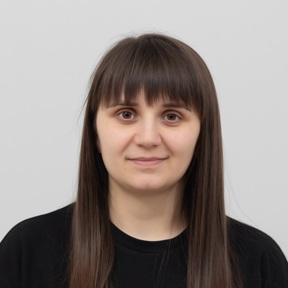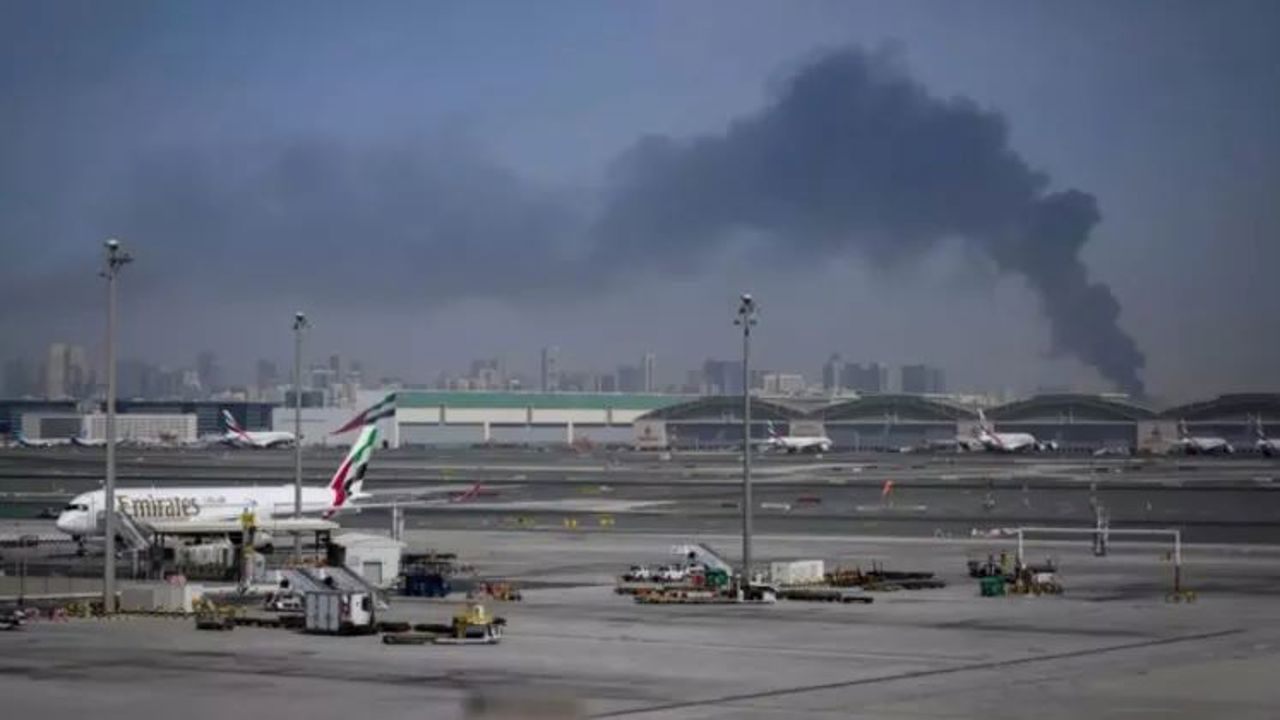Moldova’s EU candidacy: Reforms, challenges, and the long road ahead
Most EU decision-makers are still unaware that Romanian is spoken in the Republic of Moldova.

While it is easy to express outrage and view this as a blatant display of ignorance, one should recall that even President Obama mistakenly believed in the existence of an Austrian language, unaware that German is spoken there. Similarly, many people still incorrectly assume that Turks or Iranians are a type of Arab.
For a time, the Republic of Moldova seemed like an oddity. A long succession of European Commissioners, including those responsible for EU enlargement—such as Germany’s Günter Verheugen, Austria’s Johannes Hahn, and the current head of EU diplomacy, Spain’s (Catalan) Josep Borrell—did not take the time to learn how to pronounce the name of Moldova’s capital, often saying [Cișino] or whatever else came to mind. This is because EU enlargement is primarily a geopolitical process rather than one driven by linguistic, cultural, or historical ties.
Turkey, for example, has enjoyed candidate status for several decades and remains in a perpetual state of negotiations for EU membership. Meanwhile, Christian Georgia saw its candidate status suspended this year—a status still held by Moldova, Ukraine, and five Balkan countries, as well as Turkey.
Moldova’s rapprochement with Europe has a distinct geopolitical undertone. It was one of six former Soviet states in the now-defunct Eastern Partnership, along with Ukraine, Belarus, and the three Caucasus countries: Georgia, Armenia, and Azerbaijan. Notably, Romania was not among the initiators of this Eastern Partnership; instead, the initiative came from Poland, Sweden, and the Baltic States.
Closer ties with Europe have afforded Moldovans greater freedom of movement and work in the West and triggered profound reforms in the legal and political systems, as well as in Moldovan society as a whole. Moldova also benefits from a free trade agreement, and as a candidate country, it now has access to additional pre-accession funds.
Furthermore, a significant proportion of Moldovans have acquired Romanian citizenship, automatically granting them EU citizenship. In sum, the process of European integration brings only benefits, despite Russia’s efforts to undermine it and the presence of “Eurosceptic” movements with varying degrees of ties to Moscow.
Negotiations for EU accession will take many years. Moldova was granted EU candidate status in June 2022, alongside Ukraine. Immediately following Russia’s invasion of Ukraine, the European Commission presented Chișinău with nine conditions related to the rule of law as an initial step toward opening accession negotiations.
The main requirements included: justice reform, combating corruption at all levels, fighting organised crime, and, crucially, increasing civil society’s involvement in decision-making processes at all levels.
Thus far, Chișinău has made decisive progress on six of the nine required points. Receiving candidate status has clearly served as an accelerator. Moldova has accepted the highest number of Ukrainian refugees relative to its population size, and in 2023, it hosted the European Political Community summit.
Moldova is experiencing annual economic growth of 3.1%, but it faces a significant trade deficit. The state continues to play a dominant role in economic matters, particularly in key sectors such as telecommunications, energy, and transport, where it sets prices. Many of these large enterprises operate at a loss and are in need of privatisation. However, the financial sector remains stable, thanks to earlier reforms. The labour market continues to be affected by the large number of Moldovans working abroad.
Last year, the European Commission and the EU Parliament recommended starting accession negotiations with the Republic of Moldova, but these negotiations will only proceed “in parallel” with those involving Kyiv, which could slow the process down.
Although 2030 has been cited as a target year, negotiations could last up to a decade. The road to the EU remains long. There is no set duration for the negotiations; they could last for years, even decades, and might be indefinitely blocked at the request of any member country. Turkey, for example, signed an association agreement with the EU in 1963, gained candidate status in 1999, and began negotiations in 2005. By contrast, Croatia, which began negotiations simultaneously with Turkey in 2005, completed them in 2011 and has been an EU member since 2013.
Author: Dan Alexe
Translation by Iurie Tataru




